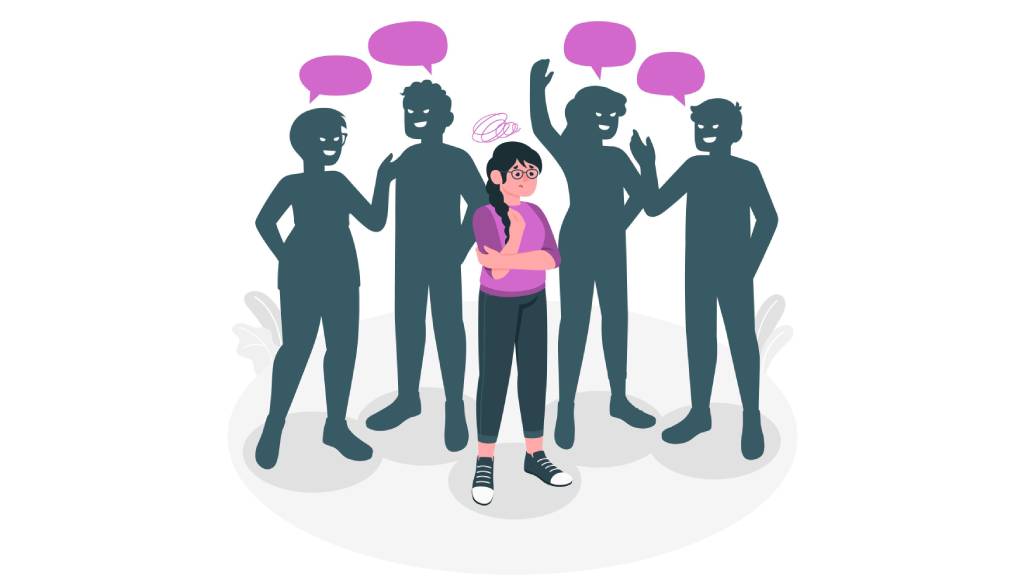All teens experience some amount of anxiety in events involving things like public speaking, final exams, important athletic competitions, or even going out on a date. Anxiety is actually a normal reaction to stress, and sometimes it helps teens deal with tense or overwhelming situations which may be worked upon in anxiety treatment from a therapist.
For some teens, however, anxiety can go beyond typical symptoms like increase in heartbeat or excessive sweating and negatively affect friendships and family relationships, participation in extracurricular activities, and even their schoolwork; interfering with their normal daily life.
Teens experience a wide range of physical and emotional changes as they grow, anxiety difficulties can be difficult to spot. Many red flags may seem like usual teens’ struggles or be associated with hormones. As a parent, you can watch for these hidden signs of anxiety in your teens
1) Emotional Changes
Some teens express feelings of constant worry whereas others may experience subtle emotional changes as seen by
2) Social Changes
Teens with social anxiety may experience pressure in various social situations that makes them feel like avoiding these situations altogether. Social anxiety can be seen in something as simple as speaking out in class or answering the phone. You might also notice your child
3) Physical Changes
Many of the physical complaints that can occur with an anxiety disorder mimic average teen complaints, which tend to increase as they get older. Pay attention to patterns. You can watch for these common psychosomatic complaints.
4) Sleep disturbances
To promote optimal health, The American Academy of Pediatrics recommends that teens aged get 8 to 10 hours of sleep on a regular basis. However, due to excessive social and school demands, sleep habits of teens may be disrupted. Therefore, it can be difficult to know whether fatigue is a product of anxiety or of a busy schedule. Look out for the following red flags.
5) Poor School Performance
School avoidance, missed days due to anxiety-related illness, and persistent worry can make it difficult for anxious teens to keep up with their workload leading to poor academic performance. You can watch for these changes in your teen.
Everything from genetics to parenting style may cause social anxiety, which often makes identifying social anxiety in teens a challenge. The easiest way to understand a teenager’s social anxiety is simply to talk about it in an open and supportive environment. This can help you decide various anxiety treatment options for teenagers.

